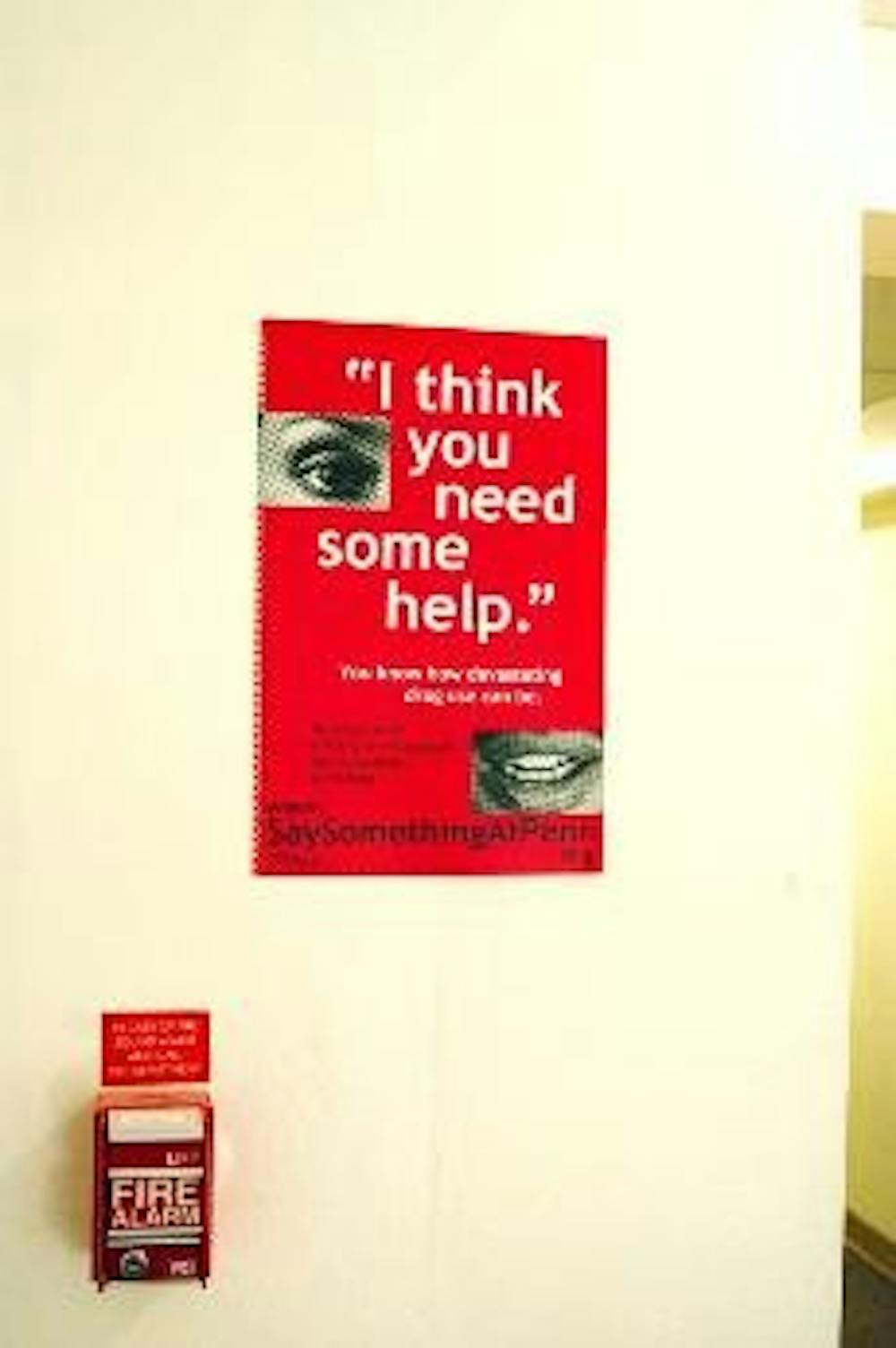
Next fall, the first step to recovery for drug and alcohol addicts could be swiping into Harrison College House.
Officials from several University programs are joining forces to offer a new residential program for substance abusers. The eight-person program will most likely be based in Harrison.
"This is an effective method of treatment for substance abuse because people live under the same roof . with the same goal," said Ken Meehan, a therapist at Counseling and Psychological Services who is spearheading the effort.
The participants in the voluntary program would be required to attend regular 12-step meetings and would be offered individual or family counseling. Participants would also be able to participate in weekend activities specifically tailored to recovering addicts.
Organizers have not yet decided how residents would be selected, but say interested students will likely apply through CAPS. Officials are not planning any advertising, because potential participants would already likely be in CAPS therapy.
The resident adviser for the program will not be a psychologist, but will probably undergo specialized training to make sure he can deal with any emergencies or issues that might arise.
Students would pay for their rooms, just as in any other residential program.
Office of Alcohol Policy Initiatives Director Stephanie Ives said she is searching for grant money that could reserve the rooms during the regular room-selection process.
Participants would still need to pay for their own individual and family counseling, however. The residential program, Meehan said, is designed to provide a supportive atmosphere.
The program would be similar to substance recovery houses at Rutgers and Case Western universities, Meehan said.
Lisa Laitman - Rutgers' director of drug-resistance education - has been in contact with Meehan and has shared her experiences with the Rutgers program, which is now entering its 19th year.
Laitman pointed out that substance-recovery housing is very different from substance-free housing. The latter is simply a drug and alcohol-free zone, while recovery programs require students to participate in therapy.
Harrison College House Dean Frank Pellicone said he feels strongly that such a program could be an important part of student life.
"At times you'll have that person who does not want a roommate who is drinking," Pellicone said. "And . they don't want to be judgmental and tell a person not to drink."
Pellicone went on to say that such a program would provide a supportive, protective environment for those suffering from substance abuse.
Meanwhile, the Undergraduate Assembly is working to provide a student voice in the discussions about the program.
UA member and College sophomore Christine Eklund spearheaded a "Sober Living Program" proposal the UA passed earlier this month.
The proposal highlighted the importance of safeguarding participants' privacy.
"A big concern is that [students] would be labeled alcoholics," Eklund said.
Eklund went on to say that the program should try to be as inclusive as possible by making sure participants would not be embarrassed to be a part of the program.
Meehan agreed that anonymity could be an important factor.
"I think anonymity, if important to the person, is important," he said.
The Daily Pennsylvanian is an independent, student-run newspaper. Please consider making a donation to support the coverage that shapes the University. Your generosity ensures a future of strong journalism at Penn.
DonatePlease note All comments are eligible for publication in The Daily Pennsylvanian.







